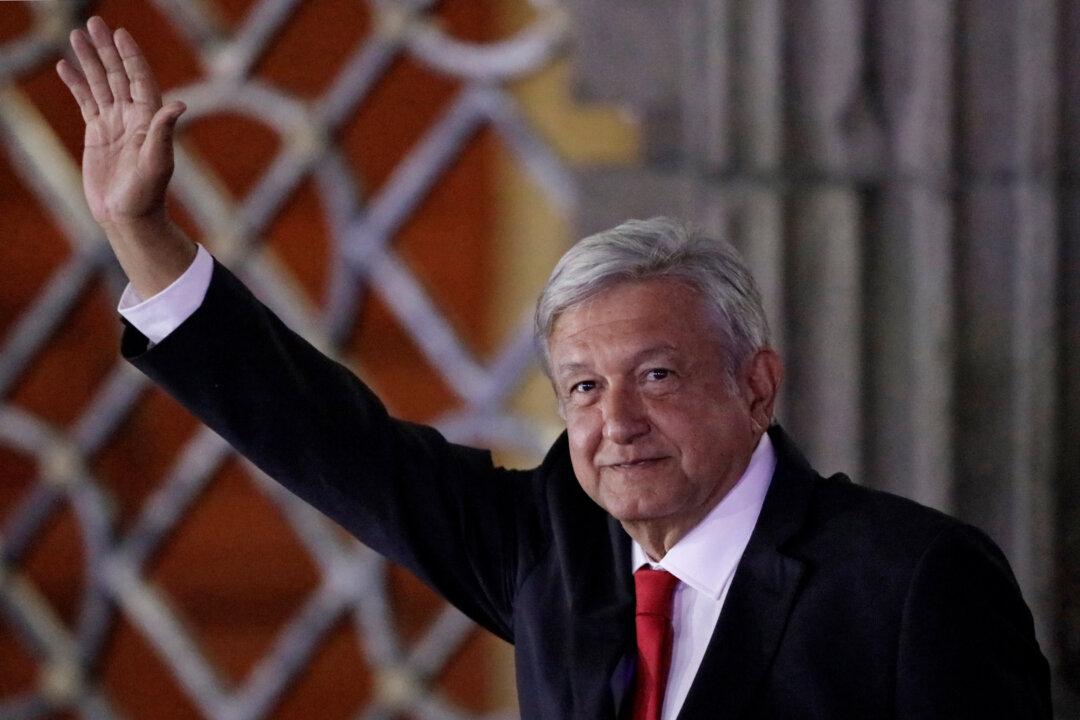Sensationalist media reports, which bring more heat than light, distract us from an important yet oft-ignored truth: Latin America has profound, self-created problems.
When Latin-American migrants travel from Central America to the United States, they cross not only thousands of kilometers, but civilizations and generations of cultural and economic development. You name an issue, and the region suffers from it: crime, corruption, authoritarianism, pollution, murder, and poverty.





